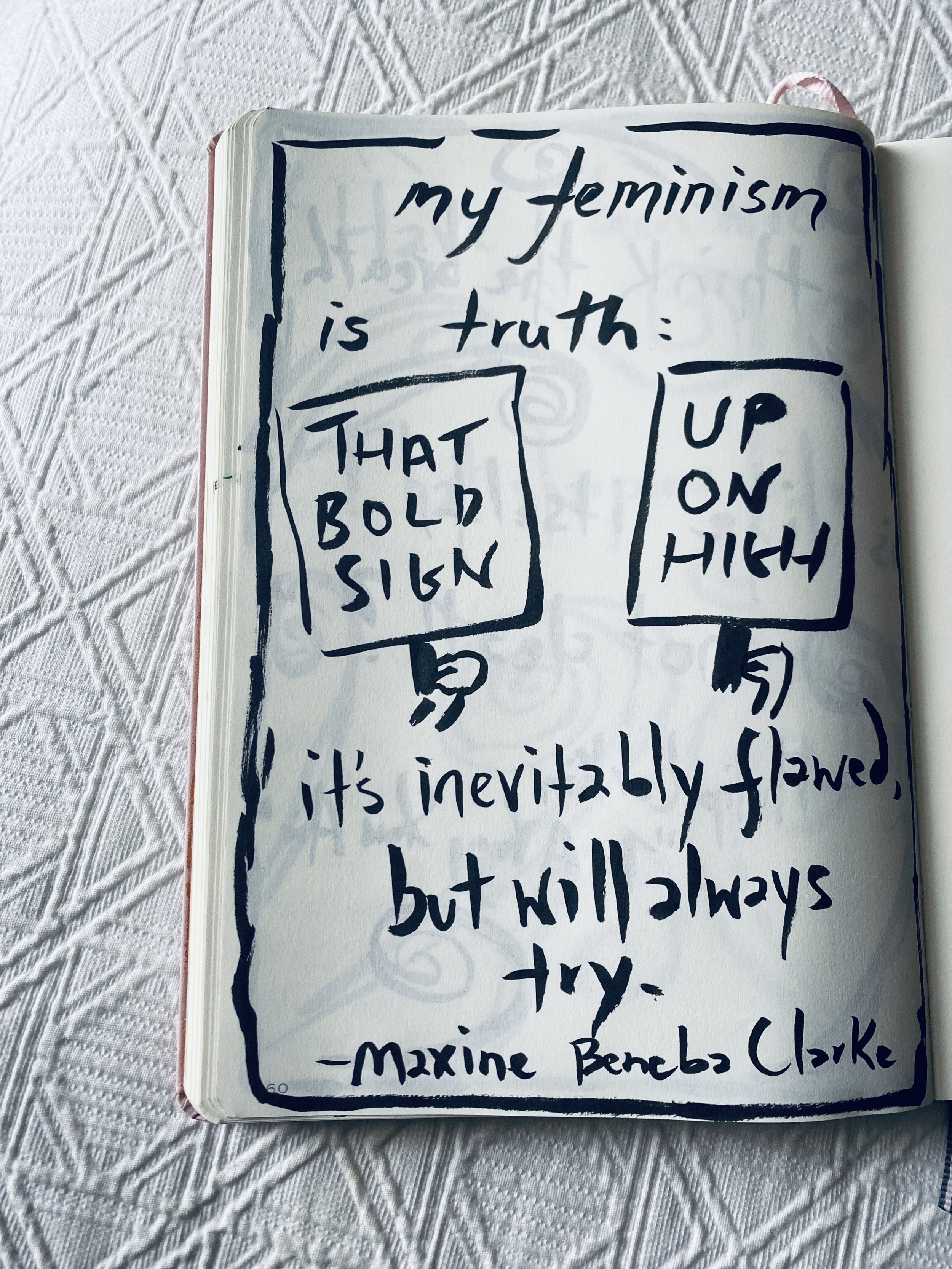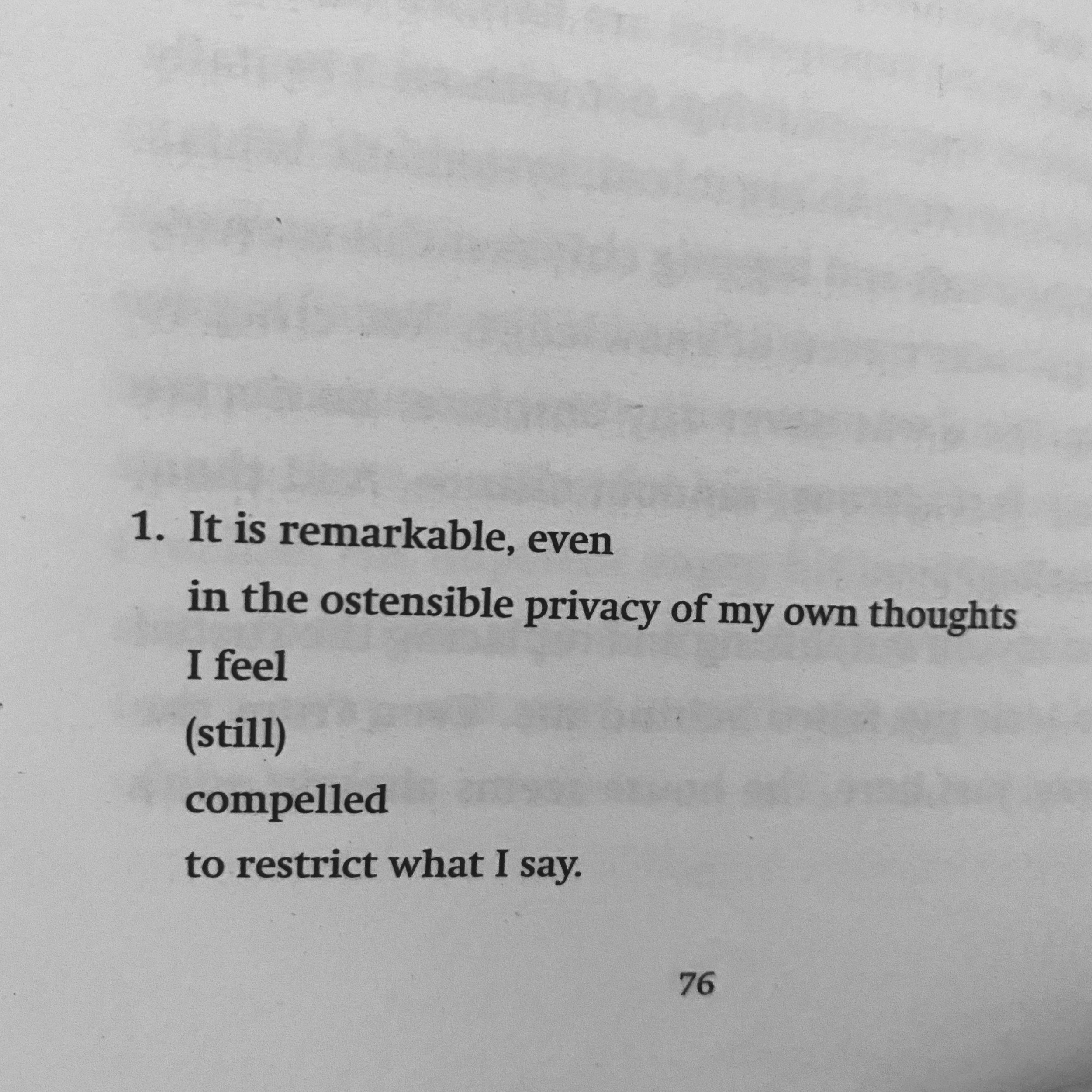Coffee. A daily essential, much like writing.
In my recent article about journalling, I mentioned that I often dedicate several pages - usually the first or last two or three - of my journal to “things to remember”.
By that I mean, I write down phrases, affirmations or reminders that ground me, things I find useful to hear often depending on what is currently going on. If I read something in an article or book, or hear something someone says in a podcast, that particularly speaks to me, that might be helpful for me to bear in mind at the present time, I will write it there. I also sometimes write down insights that occur to me in daily meditation.
I highly recommend this practice of writing down things you find comforting and grounding that you can look at and remind yourself of, especially if you’re a bit like me and find your anxiety running away with you at times. It can be really handy to look at it in your over-thinking moments.
As I’m just coming to the final few pages of my current notebook, I thought I might share some of the things I felt moved to remind myself of or ground myself in the truth of this last little while, in the hope it might be useful for you too. Perhaps I’ll make sharing these a regular thing.
Things to remember
Karma never loses an address.
When victory comes at too heavy a price, there’s honour in choosing defeat.
The seeds we nourish and cultivate within us are the seeds that grow.
Every storm eventually runs out of rain.
No matter what you do, someone is bound to end up disappointed…so do what you want.
There is no ahead or behind, everyone is walking a different path to the same place.
You can have what you need, even when others need you.
Confidence is quiet, insecurity is loud.
How other people treat you is a measure of who they are, not a measure of your worthiness.
Live with reverence for what truly matters.
Be radically responsible for yourself.
Daphne (my favourite winter flower) on my desk at work as the sun started setting.
No one has any power over you, only the power you’ve given them.
Other people’s opinions are always one of two things: completely irrelevant or feedback you can choose to take or leave.
Resilience is an asset.
Live, and write, with audacity.
The work is your domain, you are not in control of the rest.
Finish what you start.
Ripe fruit falls quickly.
Discomfort is the price of admission to a meaningful life.
Being hard on yourself is never the route to more joy.
You are going to be OK, regardless of the decisions and behaviour of others. You have survived everything so far.
You are at your most powerful when you trust yourself.
You are more than your thoughts. You are more than your body. You are more than the place where you live, your job, your bank account, your current health, your trauma, your highlight reel and accomplishments, your lowest moment and your worst day. You are enough. You always have been.
And finally….
“You will never be able to experience everything. So, please, do poetic justice to your soul and simply experience yourself.” - Albert Camus


















